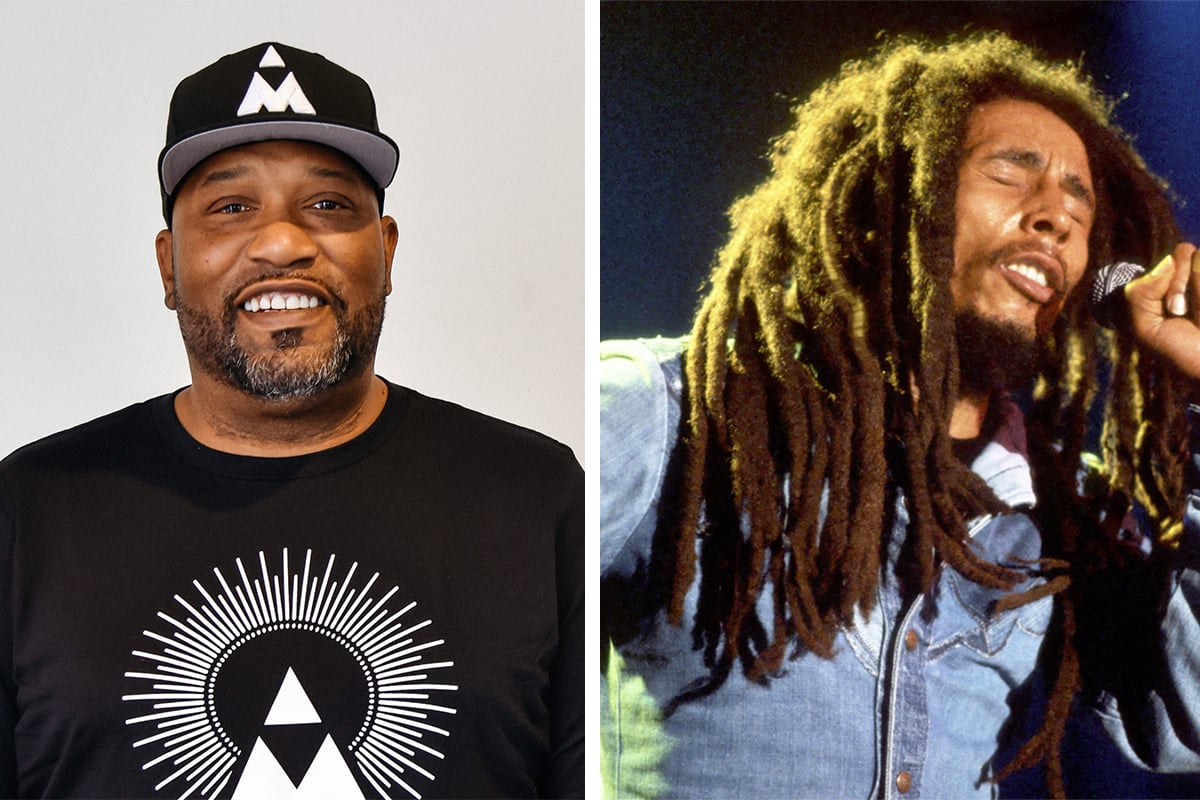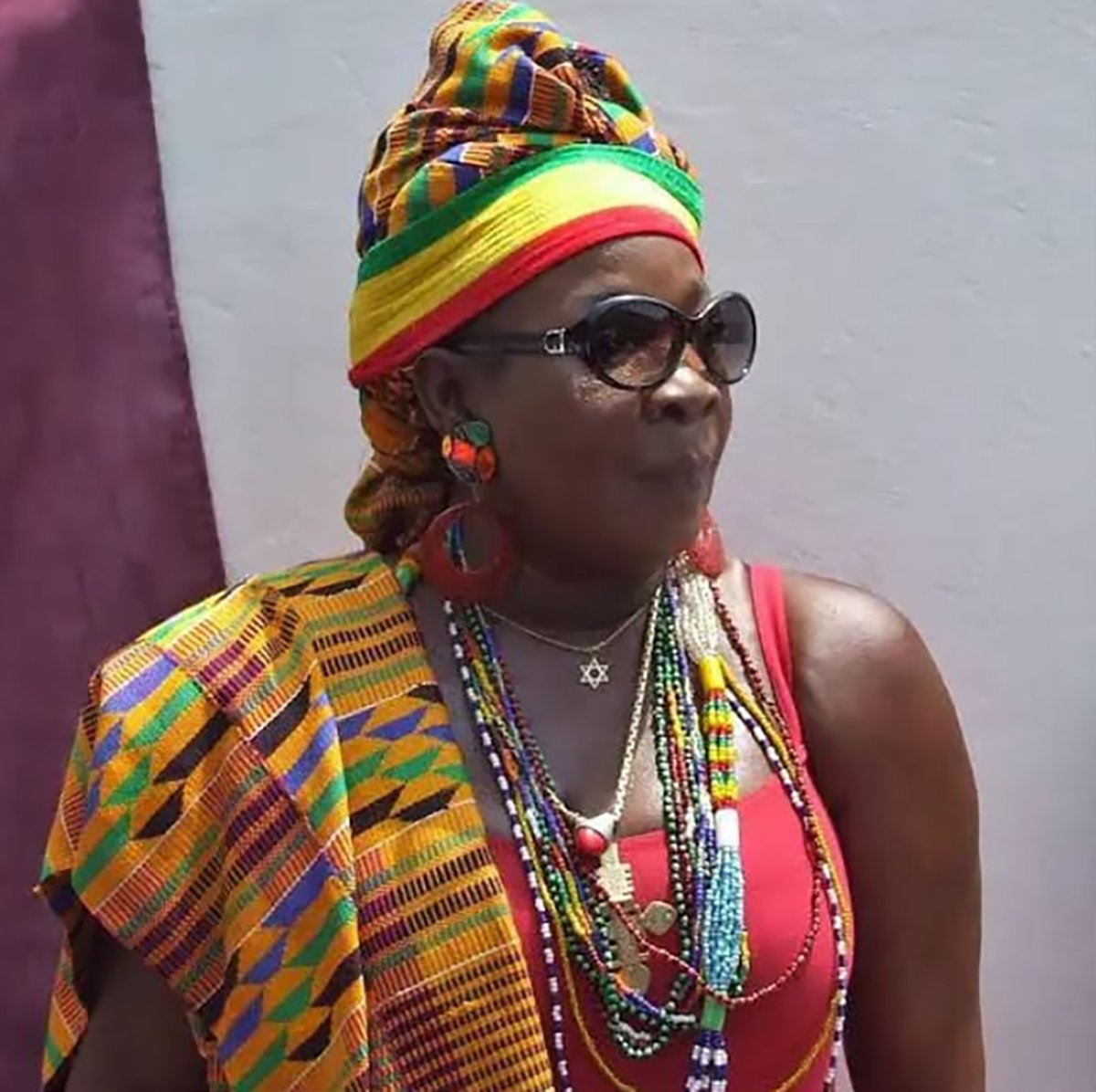Rapper Bun B Recalls Rita Marley Saying No To Bob Marley-Inspired Song

Houston rap legend Bun B has credited the fusion of Reggae, Roots Reggae, and Gangster Rap for the success of his iconic Hip Hop group UGK, and revealed that the original version of one of their hit tracks, Cocaine In The Back Of The Ride, was initially a Bob Marley-inspired song that Rita Marley refused to clear.
Bun B, whose real name is Bernard James Freeman, made the disclosure in a recent episode of the Boss Talk 101 Podcast, in which he touted Jamaica’s influence on Houston.
According to the rapper, who ranks 43 on Billboard’s 50 Best Rappers of All Time, the then newly-formed UGK (Underground Kingz) sought to overlay Reggae, Roots Reggae and Gangster Rap in the creation of their new sound. “The whole thing about it [the group] was making Gangster music over Reggae music, over Roots Reggae,” he explained.
“So, the original version of Cocaine In The Back Of The Ride is a Bob Marley song, but Rita wouldn’t clear it because we were talking about cocaine. She said, ‘Bob nuh like cocaine. Yuh waa do weed in the car? Do weed in the car, but yuh can’t use Bob’s music to represent cocaine.’”
The group, Bun B shared, went on to release the now-popular version of the track in 1992, which ultimately became the lead single from their debut EP, The Southern Way, released on April 26, 1992.
A revised version of the single was later included on the group’s debut album Hard To Swallow, which was released on November 10 that same year.
Following those releases, their love affair with Reggae and Dancehall music continued to fuel their creations.
“That was our whole thing – creating like a whole album of music, you know, gangster street music, but built around Reggae because we were big Reggae fans,” the 50-year-old Bun B said.
Declaring himself a “huge Steel Pulse” fan, Bun B took time to reflect on Houston’s rich history with Dancehall and Reggae music, revealing deep ties between the Texas-based city and the island of Jamaica.
“Reggae, especially Dancehall, had a very strong movement in Houston from, like, I would say ’90 till about ’94,” the International Players Anthem singer noted.
Further highlighting what he believed was a significant run for both genres in Houston, which even culminated in a peculiarly named club, Bun B added: “They were very, very dominant in the city of Houston. The hottest club in the city at the time – that we were making music with – was called ‘Jamaica Jamaica’. And that was the best club in the city.”
“You would go there and they would play Reggae music all night and then they would do a rap set for like 45 minutes to an hour and get right back to the Reggae, but we liked it… it was a cool vibe and it was chill. It was a cool place for everybody to congregate,” Bun B further shared.
The rap star even noted the difference in how women – especially those from Jamaica – would dance to Reggae and Dancehall music. “Women dance different to Reggae music, Jamaican women especially… and we ain’t have no problem with that,” he said.
The rapper, who has two Grammy nominations under his belt, further underscored Houston’s connection to Jamaica, telling the Boss Talk hosts, “Jamaican music and culture have always been present in Houston… There’s a lot of Jamaican influence in the city. It’s always been here and Houstonians know, especially people from my generation. They saw real Jamaicans in the club, not people who just grew dreads… real Rastas.”

